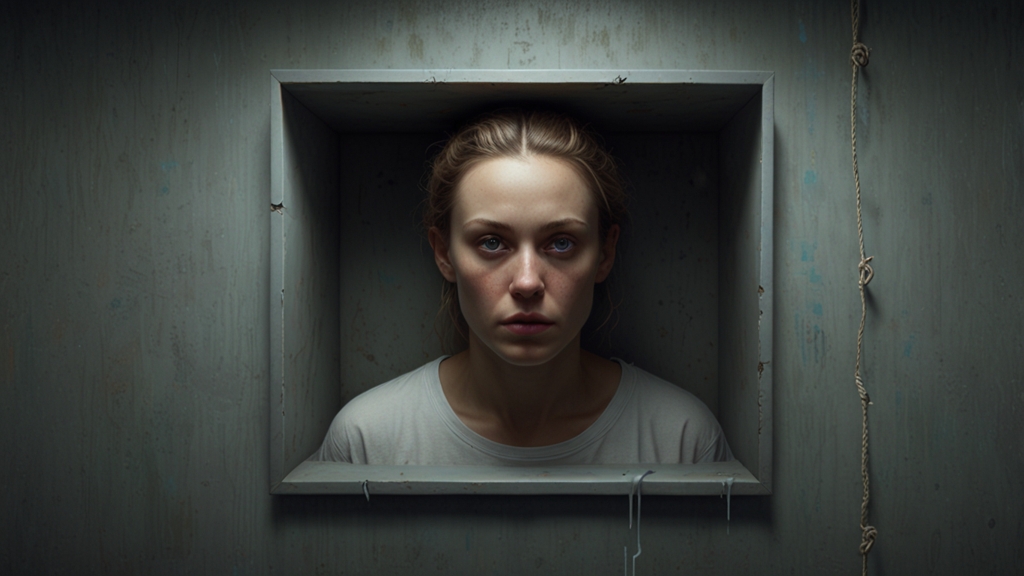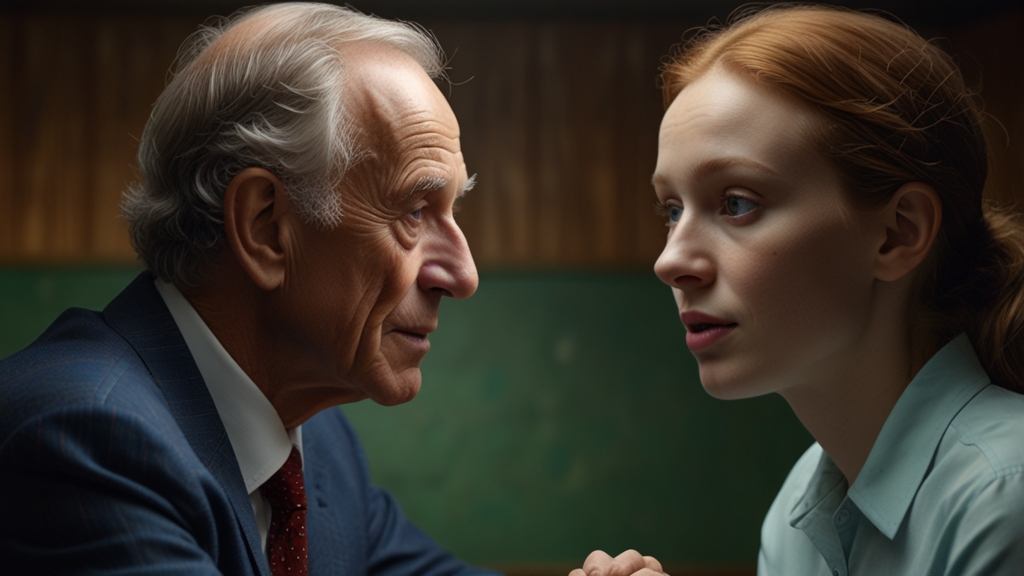Unravel These Intriguing Riddles If You Dare
Riddles have mystified and entertained humans for centuries. They are more than just clever wordplay; they challenge our minds, stimulate our creativity, and often leave us stumped. Today, we delve into some of the most intriguing riddles that have puzzled minds across generations. Prepare yourself to unravel these mysteries if you dare!
The Timeless Sphinx Riddle
One of the most ancient riddles hails from Greek mythology, specifically from the story of Oedipus. The Sphinx, a mythical creature with the body of a lion and the head of a human, posed this riddle to travelers:
"What walks on four legs in the morning, two legs at noon, and three legs in the evening?"
The answer, of course, is a human being. As a baby, a person crawls on all fours (morning), as an adult walks on two legs (noon), and in old age, uses a cane (three legs, evening). This riddle has transcended time, symbolizing the different stages of human life.
The Riddle of the Twin Brothers
This riddle involves reasoning and a bit of lateral thinking:
"There are two brothers: one always tells the truth and the other always lies. You are allowed to ask one yes/no question to figure out which brother is which. What do you ask?"
The solution is to ask either brother, "If I were to ask your brother whether you lie, would he say 'yes'?" If the brother you're asking is the liar, then he will lie, saying “no” (because the truth-telling brother would say "yes"). If you're asking the truthful brother, he will tell the truth, stating that the lying brother would say "no". Hence, a "no" indicates you are talking to the liar, while a "yes" indicates the truthful brother. This riddle plays on the concept of truth and deception, making it a classic in logical puzzles.
The Paradoxical Time Traveler
This riddle involves elements of paradox and time travel:
"You meet your future self who tells you a secret that you promise to keep and never reveal. Years later, you travel back in time and meet your younger self. To ensure that your younger self keeps the secret, you tell them the same secret. But then, who told you the secret originally?"
The answer to this riddle lies in the paradox of time travel, where cause and effect loop in such a manner that the origin of the secret is lost in the cycle. This brain-teaser not only teases the boundaries of our logical thinking but also explores the complex nature of time and causality.
The Enigmatic Doors
A classic in the world of riddles involves two doors:
"You stand before two doors. One leads to freedom, the other to certain death. You don't know which is which, but two guardians know. One always tells the truth and the other always lies. You may ask one question to one of the guardians to identify the door to freedom. What do you ask?"
The clever question to ask is: "If I were to ask the other guardian which door leads to freedom, which door would he indicate?" The lying guardian will point to the wrong door if asked what the truth-telling guardian would say, and the truth-teller would point to the wrong door if stating what the liar would indicate as the right door. In both scenarios, you will be pointed to the door that leads to death. Therefore, you should choose the opposite door of what they indicate.
Conclusion
Riddles offer a fascinating journey into the abstract realms of logic, paradoxes, and lateral thinking. They push our mental boundaries and encourage us to look at problems from multiple angles. Whether it's the timeless questions posed by the Sphinx or the enigmatic situations involving truth and lies, riddles continue to captivate and challenge us. So the next time you encounter a riddle, embrace the challenge and enjoy the thrill of unraveling its mystery.







